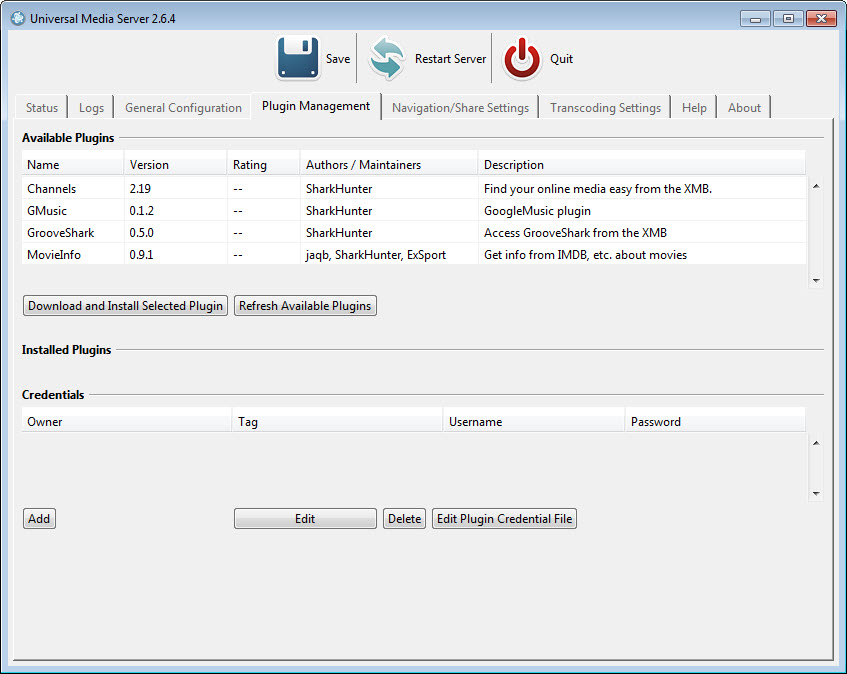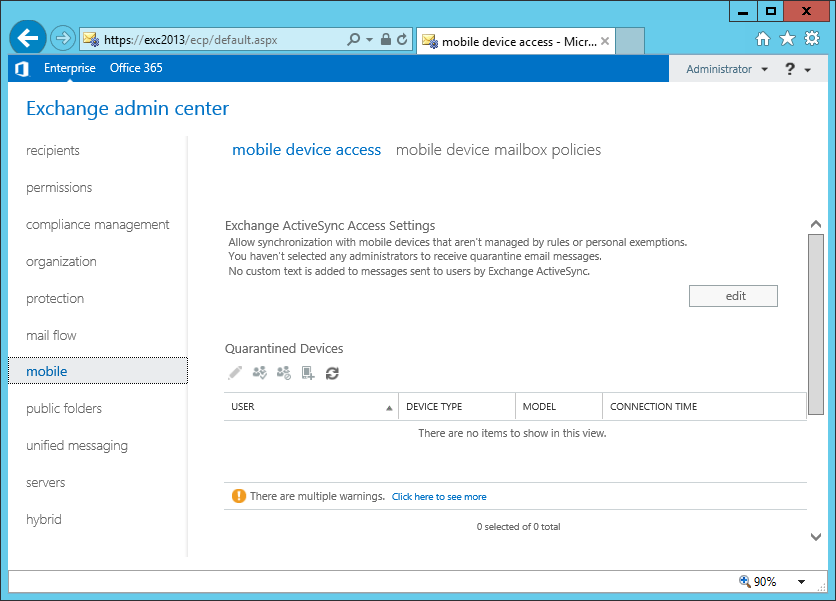

- #UNIVERSAL MEDIA SERVER TRANSCODE FOLDER HOW TO#
- #UNIVERSAL MEDIA SERVER TRANSCODE FOLDER CODE#
- #UNIVERSAL MEDIA SERVER TRANSCODE FOLDER PS3#
You can manually choose transcoding per file, If you enable #-transcode-# folder (At Navigation/Share settings-tab) - Unclick check box at "Hide #-TRANSCODE-# -folders" - An extra folder by that name will be available in each folder of your movies.If you see a progress buffer-buffer bar on the status tab, that means UMS is transcoding.if UMS is simply serving, then there's no buffering going on.To answer you question, At Transcoding settings main-tab, at bottom, you should be able to put * (asterikis-sign)- to force all extensions to transcode.transcoding properly, that might be just as good.
#UNIVERSAL MEDIA SERVER TRANSCODE FOLDER HOW TO#
So long story short, if anyone can explain why the above chopping is happening unrelated to the file size, that would be great, but if someone can also tell me how to get avi's, m4p's etc. Copy to a USB and run straight from the router, or right into the front of the PS3? Works fine. Remove the transcode, it works but badly.
#UNIVERSAL MEDIA SERVER TRANSCODE FOLDER PS3#
Uhoh: PS3 states it cannot play this file.

So I added avi's to the list of forced files.

This got me thinking why not transcode everything, not just mkv? It seems like the computer buffering it with the transcode is better than without. I used the Force Transcode option in UMS. I have set up an external HDD at the router and if I copy a file that ordinarily cannot play onto it and then stream it wireless to the PS3, it works fine. I don't believe this is a networking issue. I can then play another file that is only 700mb for 2 hours and it will play rubbish from the beginning. For example, I can play a file that goes for 2 hours and is 1.2Gb and it will work fine until the last half an hour where it will fall apart. I seem to have issues with lag and can't pinpoint why. I've got UMS 2.2.1 and am streaming wireless to my PS3. The only way I see to achieve this is to somehow inform UMS of what the content consists of, and I don't see anything currently implemented that could do that.I'm a complete noob at this sort of stuff, so please bear with me. It doesn't help if the renderer in question can handle the format, if UMS can't present the correct metadata it can't be listed. So, I don't really think what you're trying to do can be done. If it can't, playback will fail and the item will essentially be invalid, but that's a trade of those that made this have been willing to accept. That way, UMS can present metadata for an "unknown" item, as long as FFmpeg can actually convert the media to said MIME-type/media profile. The "cheat" used for streams is to let FFmpeg deal with figuring the media out, and then specify the output format/codec. If UMS doesn't know anything about the media, it's simply impossible to list because it's impossible to produce said metadata. This means that you can only spend so much time on each item, or browsing could become veery time-consuming.

There are requirements like MIME-type (UPnP AV) and "media profiles" (DLNA) that must be given when the content tree is browsed (that is, long before playback, and at a time where it's unknown whether playback will be requested for any particular media). According to DLNA/UPnP AV, a media server must present metadata about any media it lists. But, even if they do, there's a fundamental problem when trying to "force" this to not be transcoded. When it comes to your last point, I doubt streams have "extensions" from UMS' POV.
#UNIVERSAL MEDIA SERVER TRANSCODE FOLDER CODE#
From the little of this code I've read, the goal seems to have been mostly about "getting around" existing functionality rather than to comply with it. I've never looked at how ffmpeg.webfilters works (if it does), but I can say that most of the "streaming" stuff has been added by developers that didn't particularly care about supporting the stuff already in the codebase.


 0 kommentar(er)
0 kommentar(er)
